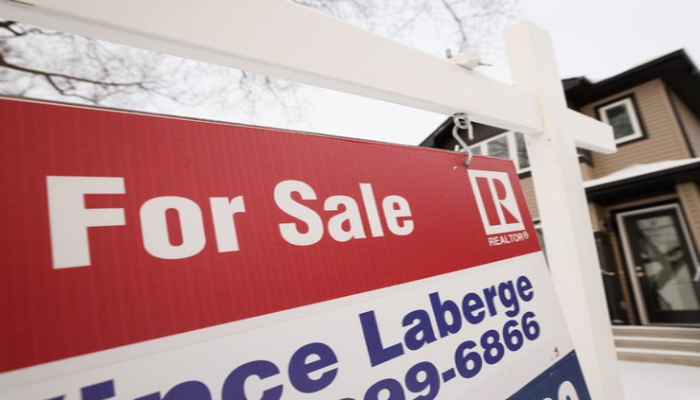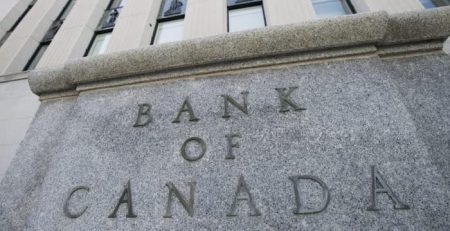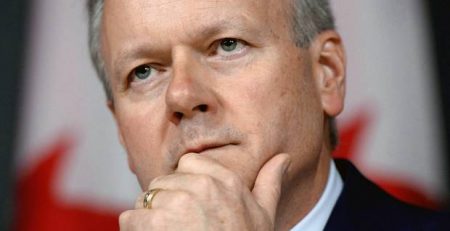Pandemic housing market to stay hot in 2021, but economists expect a hangover later in the year
Synergy Mortgage2021-01-22T16:14:44+00:00[Financial Post – January 14, 2021]
Much is dependent on vaccine outcomes, interest rates and buyer psychology.
This year is forecast to be another brisk one overall for Canada’s housing market, but economists also see reason to believe that the rush for residential real estate will start losing momentum as 2021 drags on.
The housing market “likely had its strongest year ever in 2020,” Royal Bank of Canada economist Robert Hogue wrote in a report released on Wednesday.
Even with coronavirus raging, RBC estimated home resales in Canada increased about 13 per cent last year to 552,300 units, blowing past the previous record set in 2016 of 539,100. The bank’s economics division also projected those sales will hit an even-higher high level in 2021, to 588,300 units, as low interest rates, space-seeking buyers and a high level of household savings keep demand going.
“The strong annual tally will mask a gradual cooling in the market through the year, however,” Hogue added. “We expect low supply to become a growing constraint, pandemic-induced market churn (resulting from changes in housing needs) to wane, and a slight rise in longer-term interest rates and material erosion of affordability to cool demand by a few degrees.”
Resales on an annualized basis will slow some by the end of 2021, RBC predicted, to somewhere closer to 515,000 units. After an 8.5-per-cent jump in the aggregate benchmark price for a home in 2020, the lender’s economists see 8.4-per-cent growth in a gradually softening 2021, to $669,000, “setting the stage for a more modest” 3.9-per-cent gain in 2022.
A hot start that gives way to a cooler close is how several other economists see 2021 going for the Canadian residential real estate market. The continuing pandemic also means a more unpleasant surprise is not out of the question.
“Our housing markets are not out of the woods,” said a spokesperson for Canada Mortgage and Housing Corp., which has yet to release its market outlook for 2021. “We are in the middle of a second wave. There is still a lot of uncertainty and risks to housing markets ahead.”
Capital Economics projects house price inflation will increase past 10 per cent in the first quarter of 2021 compared to a year earlier, driven by strong demand and low mortgage rates. However, the research firm sees home-price growth slowing to five per cent by the end of 2021, and to two per cent by the end of 2022.
Mortgage rates over the past two years have fallen, meaning the average person can essentially afford to pay around 25 per cent more for a home, while house prices are up around only about 10 per cent over the same period, according to Stephen Brown, senior Canada economist at Capital Economics. So that, combined with people seeking more space amid the coronavirus pandemic, could still give the housing market a boost.
Yet those trends won’t last forever. Cities such as Halifax and Montreal have absorbed the effects of lower mortgage rates quickly, Brown said, and others such as Toronto and Vancouver are still dealing with weaker immigration levels, which weigh on rents and investor interest.
“It’s been very strong, and that strength can’t be sustained forever,” Brown said. “So, the housing market will start to lose some momentum for that reason.”
The economics unit at Bank of Montreal said it sees housing sales cooling nationally, but home prices being supported by the lack of supply and still-low interest rates.
BMO’s economists forecast the MLS Home Price Index would increase seven per cent this year, “with the first half of the year still characterized by outsized strength in single-detached homes, especially in smaller markets, partly offset by sluggish condo prices,” they wrote.
“Whether or not that rotation persists after the vaccine is widely administered is probably a question for the 2022 outlook, but we suspect core urban markets will ultimately find a solid footing again after further underperformance in the meantime,” they added in their Dec. 23 outlook.
Downtown Toronto condo sales actually rose in December to their highest level since May 2019, increasing by 26 per cent month-over-month and 102 per cent year-over-year, according to Shaun Hildebrand, president of research firm Urbanation Inc.
Yet for the Greater Toronto Area housing market more broadly, Urbanation also sees a slowdown coming later this year.
“A lot of demand is being pulled forward due to low rates and distorted buyer psychology as many that weren’t planning on moving are now wanting a change and others think they need to get into the market now before it’s ‘too late,’” Hildebrand said in an email. “An eventual recovery in the economy and immigration will be important for the market as vaccines are introduced — but they will have a lagged effect and we could be dealing with a bit of a hangover later this year, specifically for (Toronto’s suburban) houses.”










